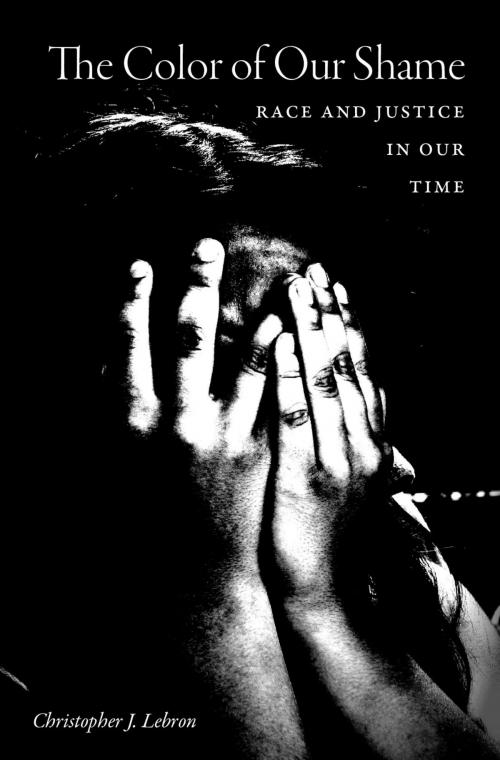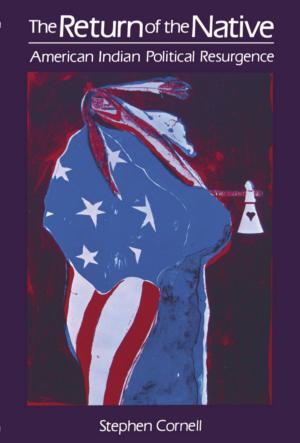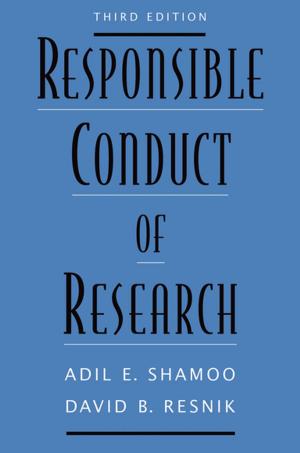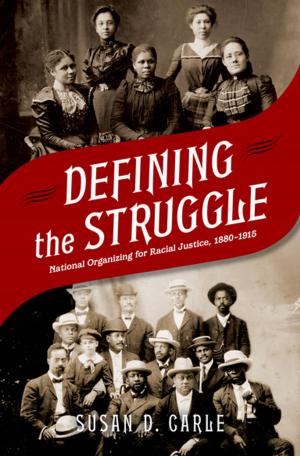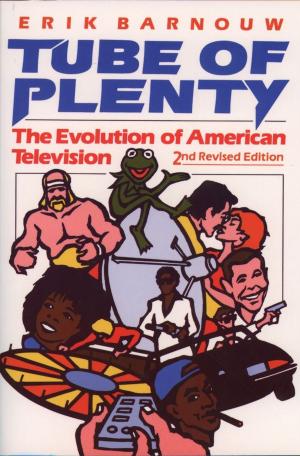The Color of Our Shame
Race and Justice in Our Time
Nonfiction, Social & Cultural Studies, Social Science, Cultural Studies, African-American Studies, Political Science, Politics, History & Theory| Author: | Christopher J. Lebron | ISBN: | 9780190266882 |
| Publisher: | Oxford University Press | Publication: | September 9, 2013 |
| Imprint: | Oxford University Press | Language: | English |
| Author: | Christopher J. Lebron |
| ISBN: | 9780190266882 |
| Publisher: | Oxford University Press |
| Publication: | September 9, 2013 |
| Imprint: | Oxford University Press |
| Language: | English |
For many Americans, the election of Barack Obama as the country's first black president signaled that we had become a post-racial nation - some even suggested that race was no longer worth discussing. Of course, the evidence tells a very different story. And while social scientists are fully engaged in examining the facts of race, normative political thought has failed to grapple with race as an interesting moral case or as a focus in the expansive theory of social justice. Political thought's under participation in the debate over the status of blacks in American society raises serious concerns since the main academic task of political theory is to adjudicate discrepancies between the demands of ideal justice and social realities. Christopher J. Lebron contends that it is the duty of political thought to address the moral problems that attend racial inequality and to make those problems salient to a democratic polity. Thus, in The Color of Our Shame, he asks two major questions. First, given the success of the Civil Rights Act and the sharp decline in overt racist norms, how can we explain the persistence of systemic racial inequality? Second, once we have settled on an explanation, what might political philosophy have to offer in terms of a solution? In order to answer these questions Lebron suggests that we reconceive of racial inequality as a condition that marks the normative status of black citizens in the eyes of the nation. He argues that our collective response to racial inequality ought to be shame. While we reject race as a reason for marginalizing blacks on the basis of liberal democratic ideals, we fail to live up to those ideals - a situation that Lebron sees as a failure of national character. Drawing on a wide array of resources including liberal theory, virtue ethics, history, and popular culture, Lebron proposes a move toward a "perfectionist politics" that would compel a higher level of racially relevant moral excellence from individuals and institutions and enable America to meet the democratic ideals that it has set for itself.
For many Americans, the election of Barack Obama as the country's first black president signaled that we had become a post-racial nation - some even suggested that race was no longer worth discussing. Of course, the evidence tells a very different story. And while social scientists are fully engaged in examining the facts of race, normative political thought has failed to grapple with race as an interesting moral case or as a focus in the expansive theory of social justice. Political thought's under participation in the debate over the status of blacks in American society raises serious concerns since the main academic task of political theory is to adjudicate discrepancies between the demands of ideal justice and social realities. Christopher J. Lebron contends that it is the duty of political thought to address the moral problems that attend racial inequality and to make those problems salient to a democratic polity. Thus, in The Color of Our Shame, he asks two major questions. First, given the success of the Civil Rights Act and the sharp decline in overt racist norms, how can we explain the persistence of systemic racial inequality? Second, once we have settled on an explanation, what might political philosophy have to offer in terms of a solution? In order to answer these questions Lebron suggests that we reconceive of racial inequality as a condition that marks the normative status of black citizens in the eyes of the nation. He argues that our collective response to racial inequality ought to be shame. While we reject race as a reason for marginalizing blacks on the basis of liberal democratic ideals, we fail to live up to those ideals - a situation that Lebron sees as a failure of national character. Drawing on a wide array of resources including liberal theory, virtue ethics, history, and popular culture, Lebron proposes a move toward a "perfectionist politics" that would compel a higher level of racially relevant moral excellence from individuals and institutions and enable America to meet the democratic ideals that it has set for itself.
